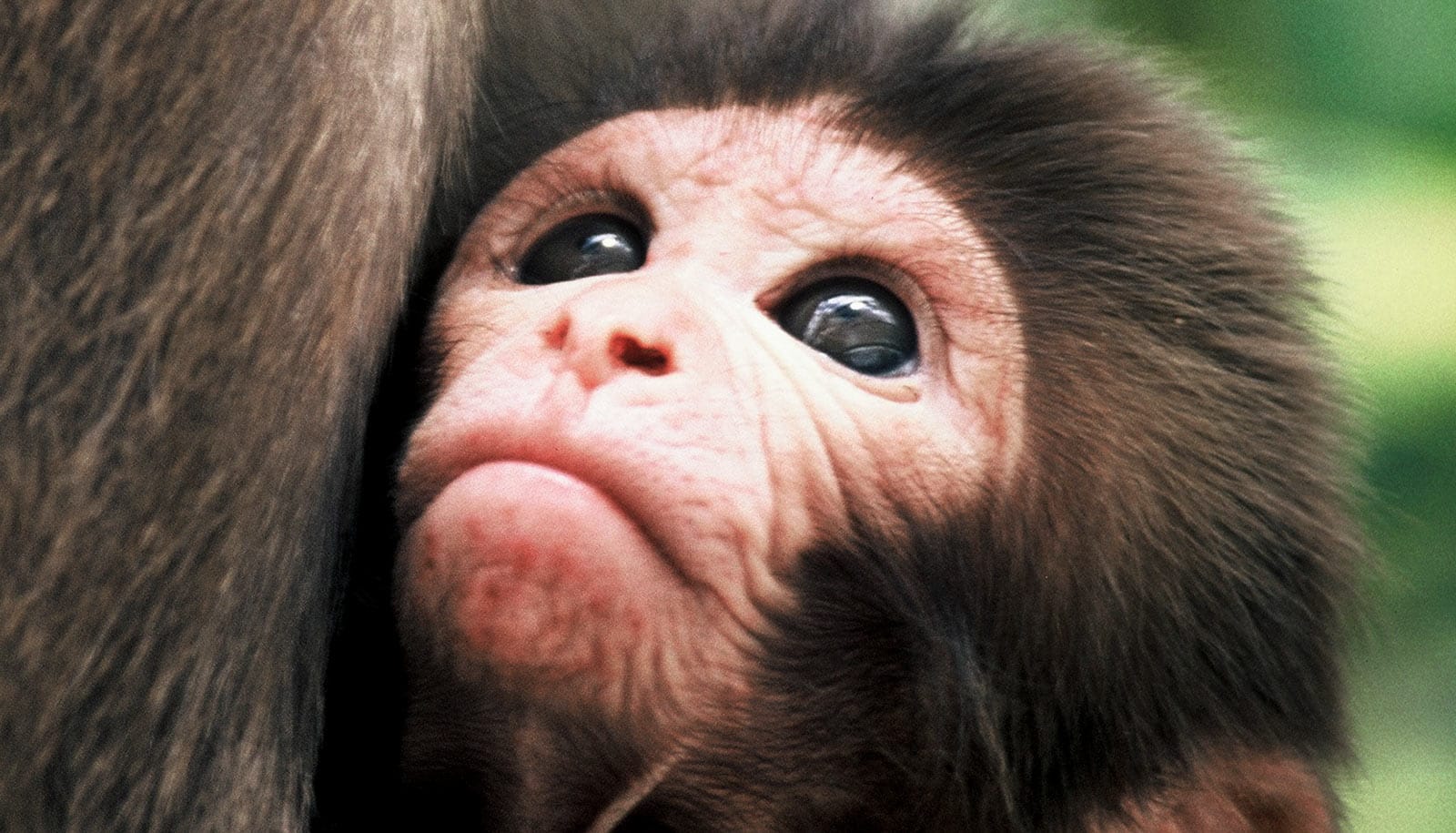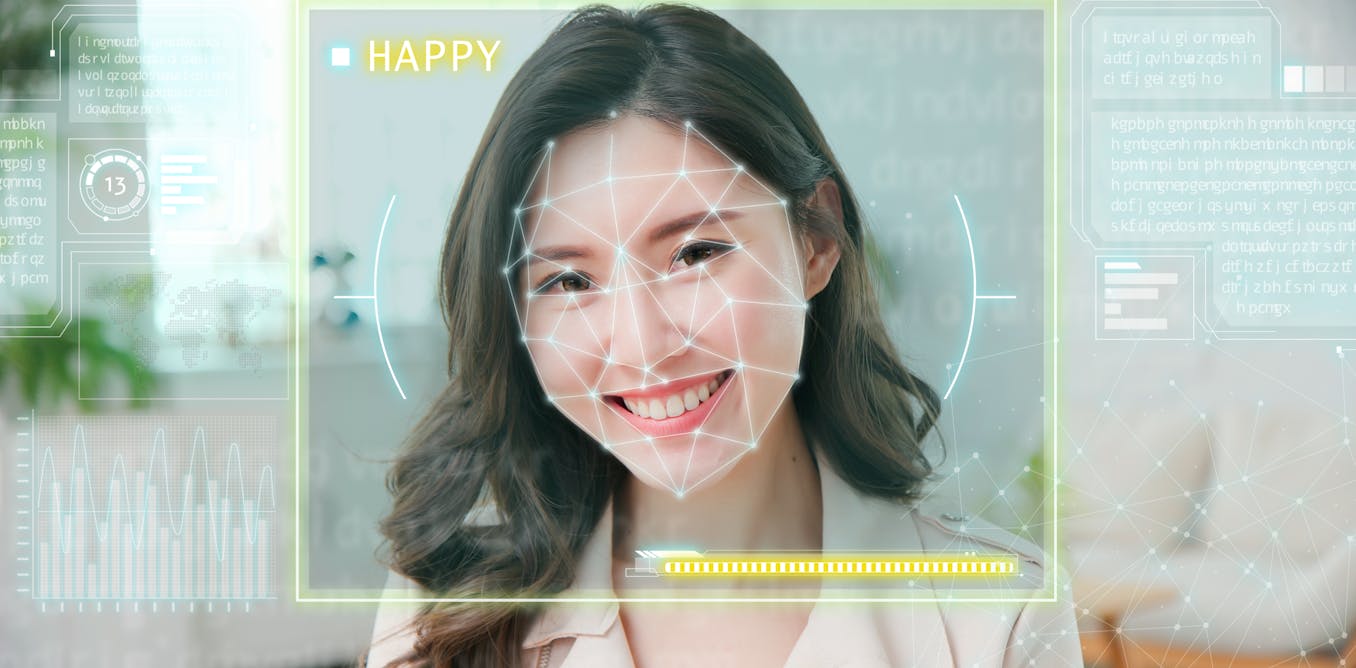Here's why the CDC recommends wearing masks indoors even if you've been fully vaccinated against COVID-19
The CDC guidance applies to areas with high coronavirus transmission rates – which on the day of the announcement covered 63% of US counties.
July 28, 2021 • ~9 min








